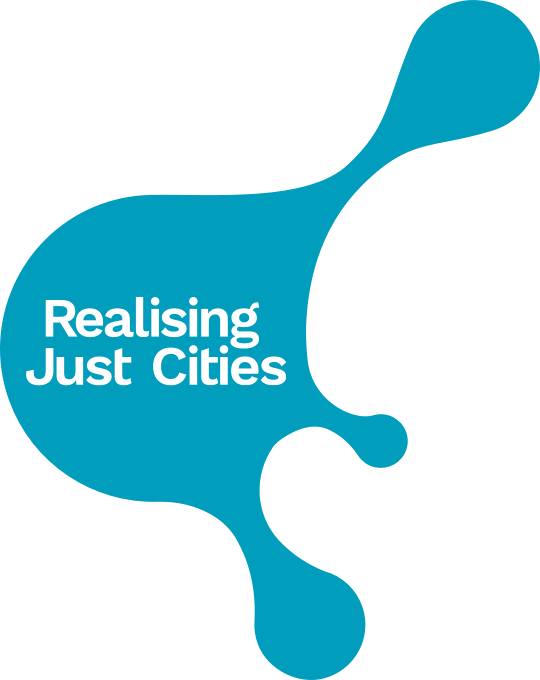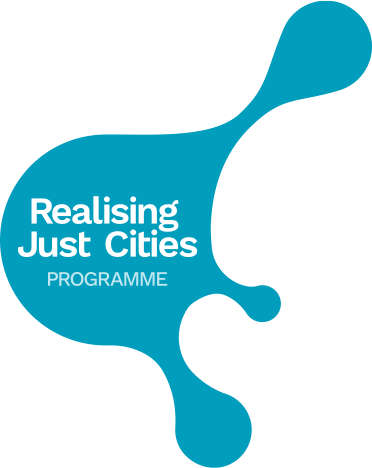GM Decides: making digital democratic innovation work for Greater Manchester’s women
After months of preparation (including a field trip to Barcelona to meet some of those behind the city’s democratic portal), the GM Decides project kicked off last month with the first meeting of its Partnership Group. The Group was formed and brought together by ARC leads Alice Toomer-McAlpine and Katie Finney. The first session introduced the overarching aim, drew on examples from existing work on digital democratic innovation, and identified how the project should proceed. What follows is extracted from a video shared with participants.
Why focus on women?
Research from the Fawcett Society recently reported that: “when we look at the different outcomes women and men experience, issues (and potential solutions) arise which may not be apparent otherwise. . . . [T]he differences and diversity in women’s experiences mean that they must be partners who are truly listened to when policy is designed.” [Source]
What is digital democracy?
Within the literature, there aren’t any agreed definitions of digital democracy. In part this is because the term overlaps with notions of citizenship, participation, transparency, accountability, governance, e-government, civil society and the public sphere.
However, we can draw a distinction between minimalist and maximalist interpretations:
- Minimalist: giving citizens access to governmental information and enabling them to interact with government through, for example, online consultations and transactional services online.
- Maximalist: a more participatory role for citizens, enabling them to collaborate with government officials and make their own decisions about how their local communities are governed. [Source: NESTA]
GM Decides is inspired by maximalist examples, such as vTaiwan and Decidim, and aims to harvest knowledge, seed ideas and nurture a community around digital democratic innovation in Greater Manchester.
About our approach
This project will utilise community organising and human centred design approaches.
- Community organising awakens individuals’ power within, undermines power over, and builds power with communities to overcome social injustice.
- Human Centred Design is an approach to innovation and problem solving which places people’s needs, motivations and behaviours at the centre of the process. The process is ideal for problem solving due to its iterative and collaborative nature, which forms an ideal framework for inspiring action. People come together to understand the exact challenge they want to tackle and who they are tackling it for. They co-create solutions and act together to bring them to life. We seek empathy and believe that everyone can contribute to the process.
The GM Decides Partnership Group meet again on 5th March, to plan a “design sprint”.
Read more about the goals on GM Decides’ project page.




